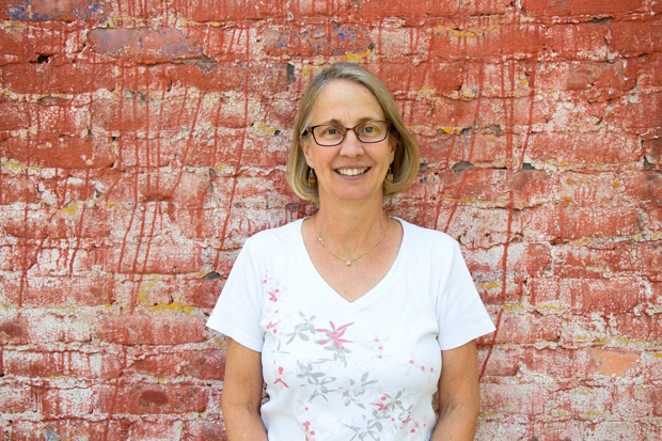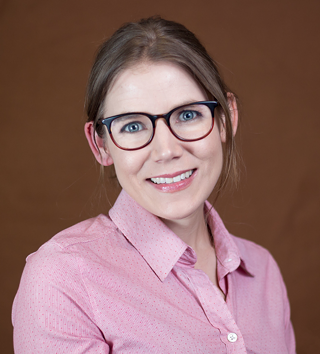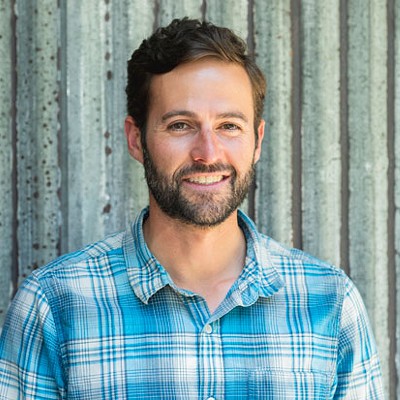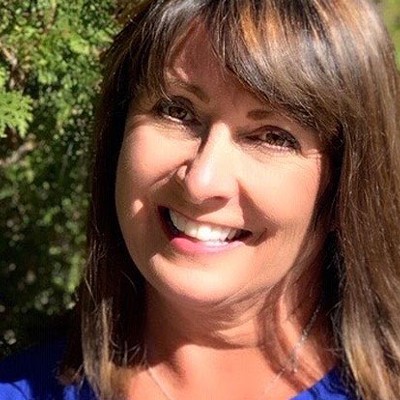Bend is growing exponentially in population, and while Deschutes County may be more urban than surrounding areas, Central Oregon is still predominantly rural—and lacking in some of the services afforded to bigger metro areas.
While some may lament the lack of dependable public transit, or lack of affordable housing in relation to the job market, another service is sorely lacking in Central Oregon, and directly affecting the deaf community: qualified and certified American Sign Language interpreters.
There isn't a federally mandated licensing requirement, or exam, for ASL interpreters—and as a result, those regulations fall to individual states. The State of Oregon has no state licensing requirement for ASL interpreters—and as such, no requirement for organizations, employers or even interpreting agencies to hire certified interpreters. There are minimum requirements for educational and legal interpreters, but the lack of licensing requirements for other ASL interpreters often leads not only to uncertified, but also unqualified, interpreters being sent out on assignment for interpreting a variety of situations, says Monica Burdsall, a local educator who was born deaf as a result of Rubella.
Interpreters have different kinds of certifications for different kinds of services, Burdsall told me, with the help of interpreter Lauren Tolo. Doctors or lawyers must have knowledge of law terms to be able to interpret, Burdsall explained, but if people don't know, it can really hurt everyone involved—medical doctors as well—or school interpreters like Burdsall, she said.
Burdsall, a graduate of Gallaudet University—the only liberal arts college for the deaf in the world—helped launch the ASL class at Bend Senior High School with now-retired educator Kim Gunderson-Moore in 2006. Burdsall will take over teaching the ASL class at Ridgeview High School in Redmond next year.
Burdsall was recently summoned for jury duty and asked for an interpreter when she arrived. At first, court staff balked and said she should have arranged for an interpreter ahead of time, Burdsall said. But Burdsall says that's not her job, and that the court should have a skilled interpreter on hand as a paid professional, just like other positions. Tasked with finding a legally certified interpreter, Burdsall said, the court staff called an interpreter from Portland to come to Central Oregon. She was a skilled interpreter, Burdsall said.
“Many of the interpreters in our community are primarily employed by the local school district and supplement their income by freelance interpreting in the evenings, on weekends or over the summer.”—Cara Frank
tweet this
While Burdsall was able to eventually cajole the court to meet her needs, not everyone in the deaf community is as lucky.
Cara Frank is the camp director at Camp Taloali, a summer camp for the deaf based in Stayton, Ore.
Frank and her husband are deaf—and have both experienced unqualified interpreters first hand. One instance happened a few years ago after requesting an interpreter in advance of her husband's medical procedure. When they arrived at the hospital, they were paired with an interpreter that clearly was not qualified, said Frank. At one point, she asked Frank how to sign some words during the process and juggled interpreting for another patient at the same time.
"We later learned the interpreter was supposedly a volunteer who had been learning ASL at the local church—she had never received any formal training and was not certified," Frank explained via email. After filing a complaint, Frank wrote, it hasn't happened since.
"Probably because we each time are clear upfront on our expectations prior to appointments," explained Frank. "We have to continue to educate each time—and yes, it's tiring."
That interpreter was assigned by Bridges to Communication, stated Frank, a local interpreting agency that oversees local interpreter assignments.
Like Frank, Burdsall believes there should be a national certification for ASL interpreters. Barriers to recruiting more certified ASL interpreters to the area are the time and cost of certification, Frank wrote. The Registry of Interpreters for the Deaf certification requires continued education credits every four years, for example. Another, barrier, said Burdsall, is the low salary paid to ASL interpreters for their services in Central Oregon.
"Many of the interpreters in our community are primarily employed by the local school district and supplement their income by freelance interpreting in the evenings, on weekends or over the summer," said Frank. "As a result, it's difficult for deaf adults to find available interpreters for their doctor's appointment midday."
Burdsall said she's campaigning to develop an interpreting program at OSU-Cascades, but currently, there's no budget for it. She hopes that in five to 10 years, it may become reality. While Frank agrees that an interpreting program could make certification easier to attain for locals, she'd also like to see another interpreting agency move into Central Oregon to offer more access to certified and qualified interpreters.





















